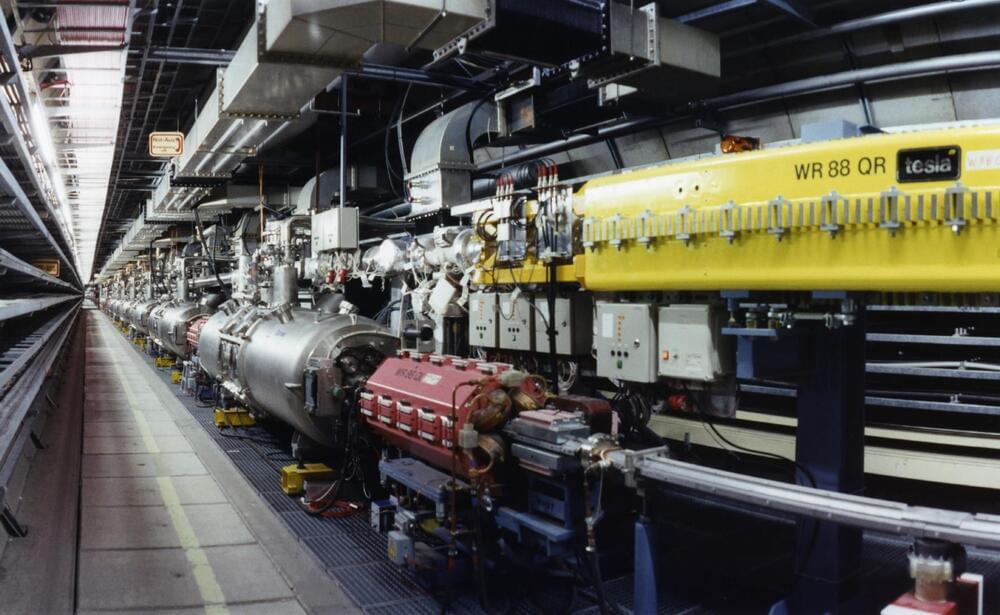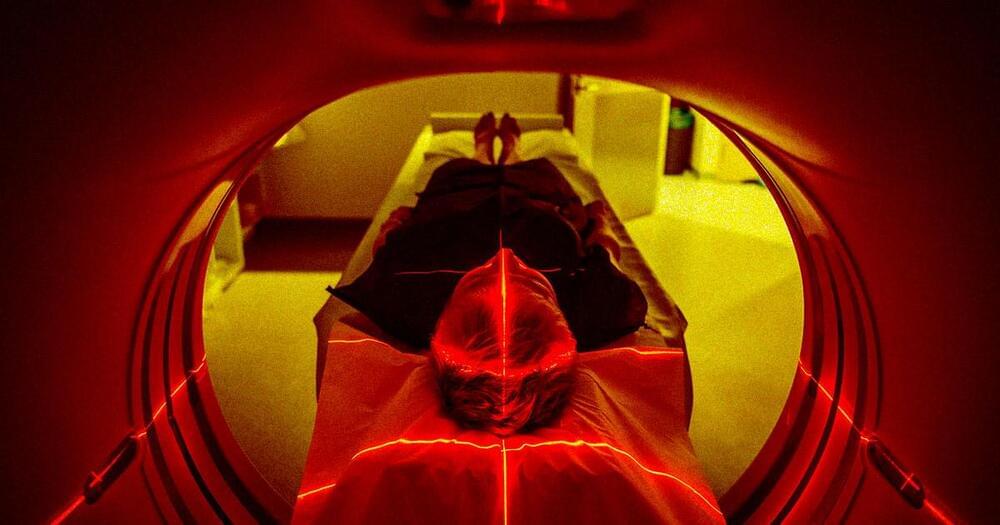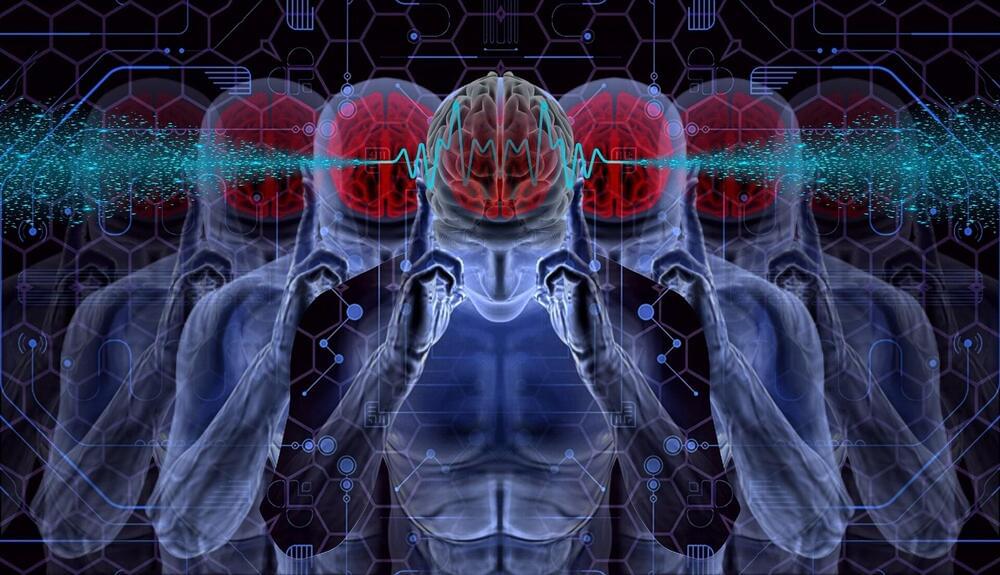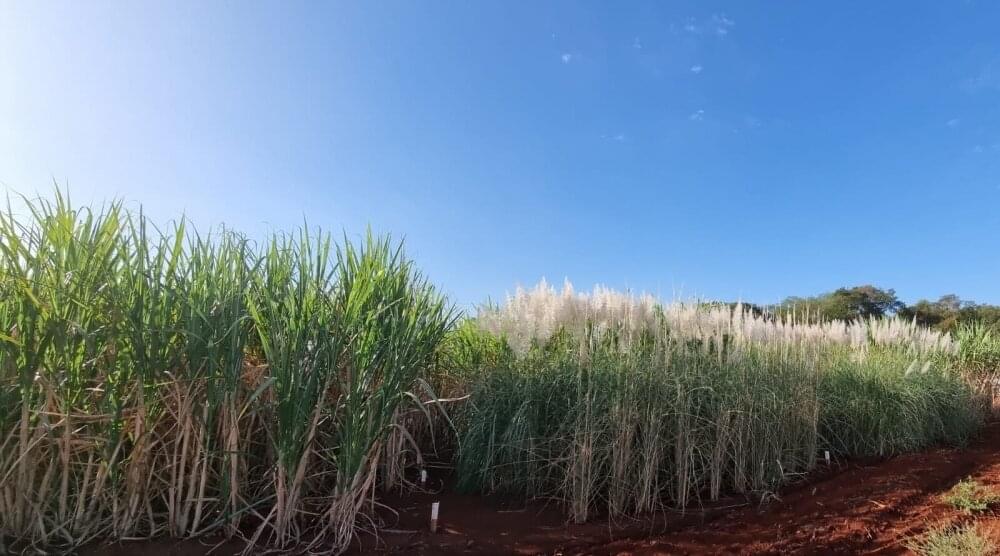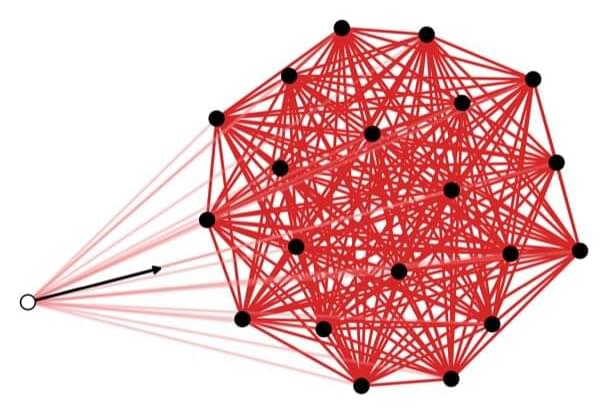In quantum physics, Fermi’s golden rule, also known as the golden rule of time-dependent perturbation theory, is a formula that can be used to calculate the rate at which an initial quantum state transitions into a final state, which is composed of a continuum of states (a so-called “bath”). This valuable equation has been applied to numerous physics problems, particularly those for which it is important to consider how systems respond to imposed perturbations and settle into stationary states over time.
Fermi’s golden rule specifically applies to instances in which an initial quantum state is weakly coupled to a continuum of other final states, which overlap its energy. Researchers at the Centro Brasileiro de Pesquisas Físicas, Princeton University, and Universität zu Köln have recently set out to investigate what happens when a quantum state is instead coupled to a set of discrete final states with a nonzero mean level spacing, as observed in recent many-body physics studies.
“The decay of a quantum state into some continuum of final states (i.e., a ‘bath’) is commonly associated with incoherent decay processes, as described by Fermi’s golden rule,” Tobias Micklitz, one of the researchers who carried out the study, told Phys.org. “A standard example for this is an excited atom emitting a photon into an infinite vacuum. Current date experimentations, on the other hand, routinely realize composite systems involving quantum states coupled to effectively finite size reservoirs that are composed of discrete sets of final states, rather than a continuum.”
